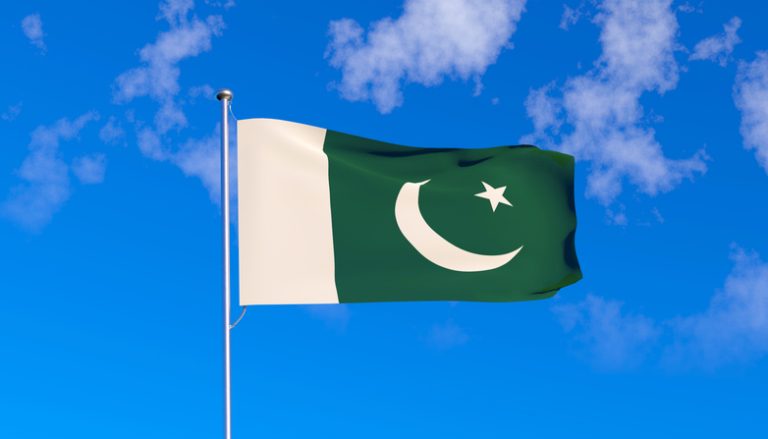As tensions between India and Pakistan intensify, prominent defence experts and retired military officers have warned that any further escalation by Islamabad could have catastrophic consequences, potentially leading to the disintegration of Pakistan itself.
Defence analyst Sanjeev Srivastava stated, “If a declared war breaks out, Pakistan could face fragmentation. The internal situation there is already dire, with growing independence movements in Balochistan, Khyber Pakhtunkhwa, and Gilgit-Baltistan. Politically unstable and economically bankrupt, Pakistan may not withstand the impact of a full-scale conflict.”
Srivastava emphasised that India’s military responses so far have been proportionate and aimed solely at countering Pakistani aggression.
“India has responded effectively to Pakistan’s provocations, including drone incursions, missile attacks, and aerial offensives. These retaliations have been calibrated. But with the situation teetering on the edge of full-blown war, continued hostility from Pakistan may leave India with no option but to escalate,” he said.
He also highlighted the effectiveness of India’s advanced air defence systems, such as the S-400, in neutralising Pakistani air raids.
Retired Brigadier Vijay Sagar Dheman echoed the urgency for decisive action, citing the recent wave of drone attacks.
“Pakistan has attacked for two consecutive nights, including a three-pronged drone offensive targeting Jammu, Punjab, and Rajasthan. I witnessed the attempted strike on Jammu Airport firsthand. It’s time for a kinetic response—military, economic, and diplomatic,” he said.
He further recommended a permanent review of the Indus Waters Treaty and the imposition of a naval blockade.
“India’s forces shot down over 50 drones during the latest attack. This demonstrates both our readiness and Pakistan’s persistent aggression. A comprehensive and unified response is now imperative,” Brig Dheman added.
Retired Major General K.K. Sinha revealed that India’s recent deep-strike mission targeted nine critical Pakistani locations, from Muzaffarabad to Bahawalpur—spanning over 1,000 kilometers.
“This was a response to an attack on our very soul. Pakistan is the epicentre of global terrorism, with the ISI and Pakistani Army deeply involved. Our strikes were precise and defensive in nature. But instead of de-escalating, Pakistan chose to retaliate by targeting 15 Indian military positions,” Maj Gen Sinha said.
(With IANS inputs)














